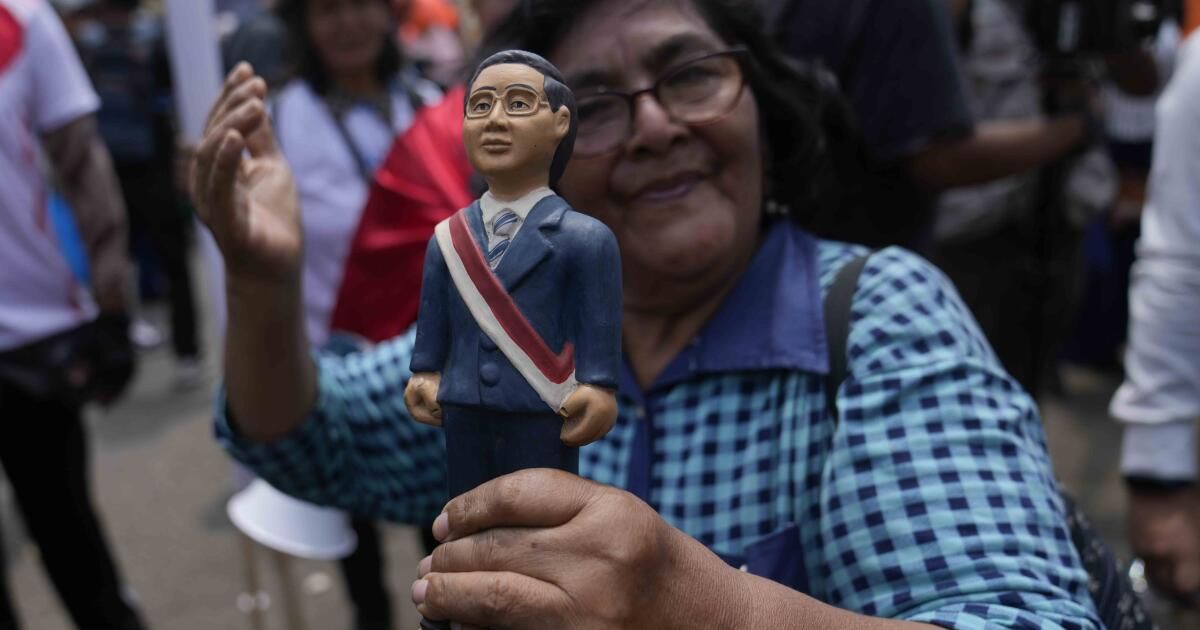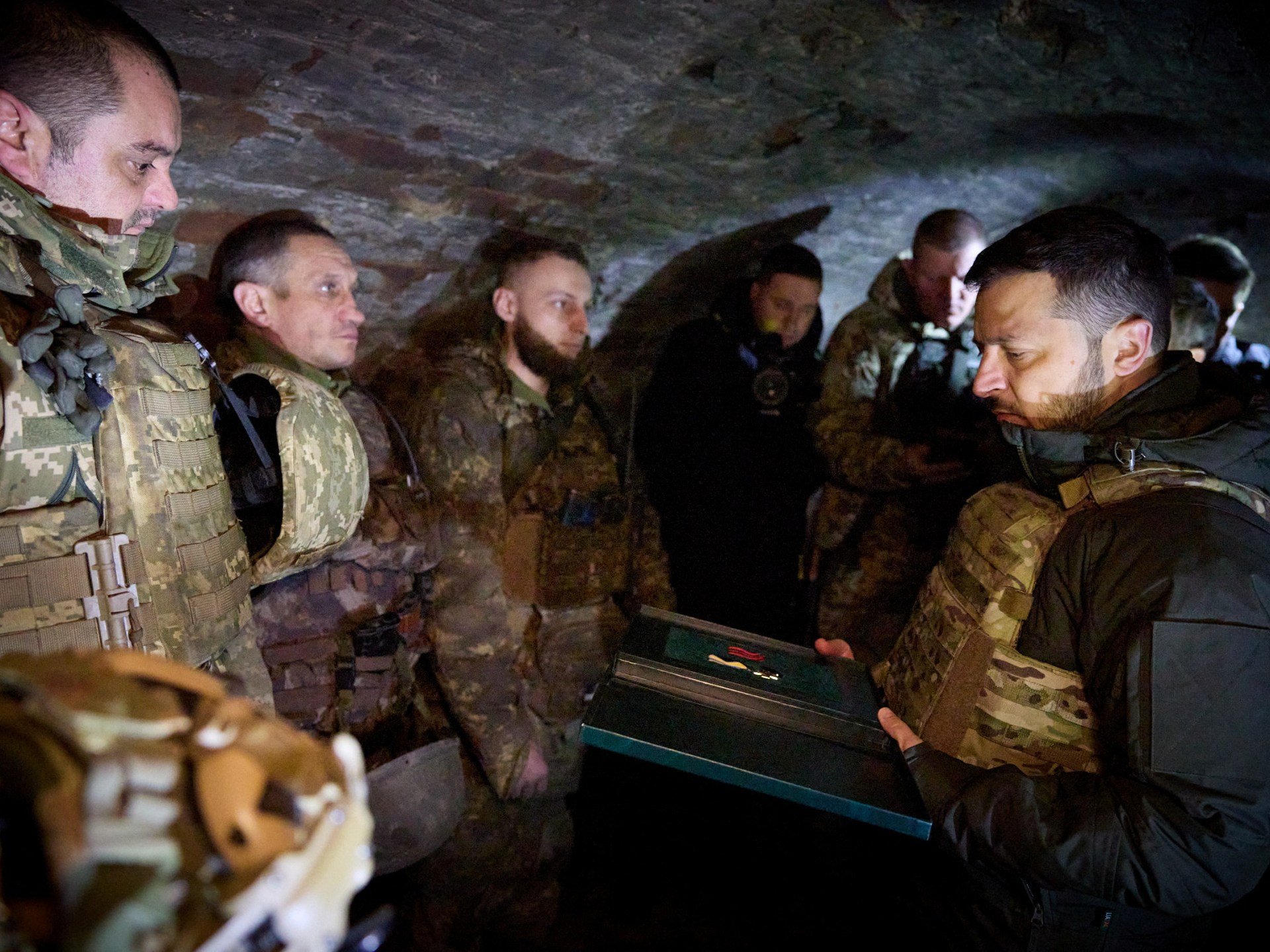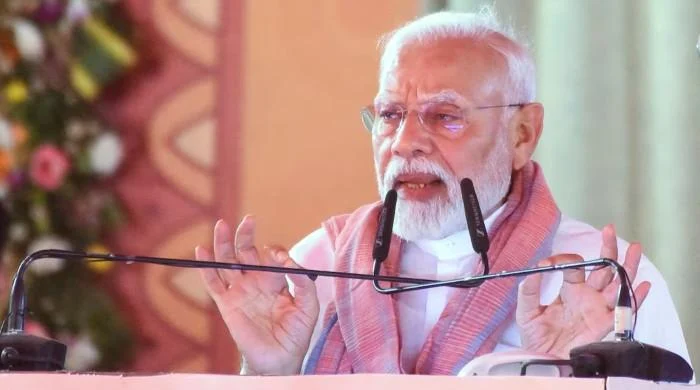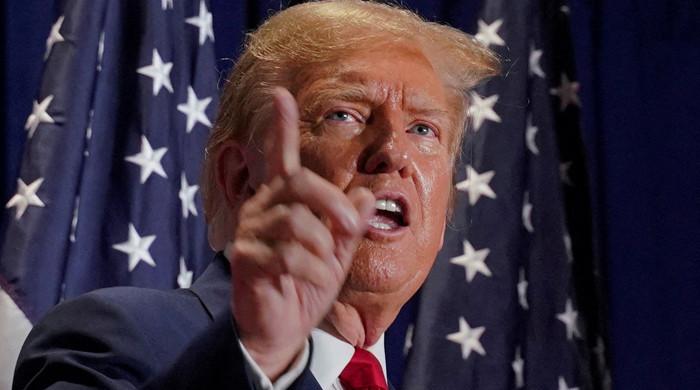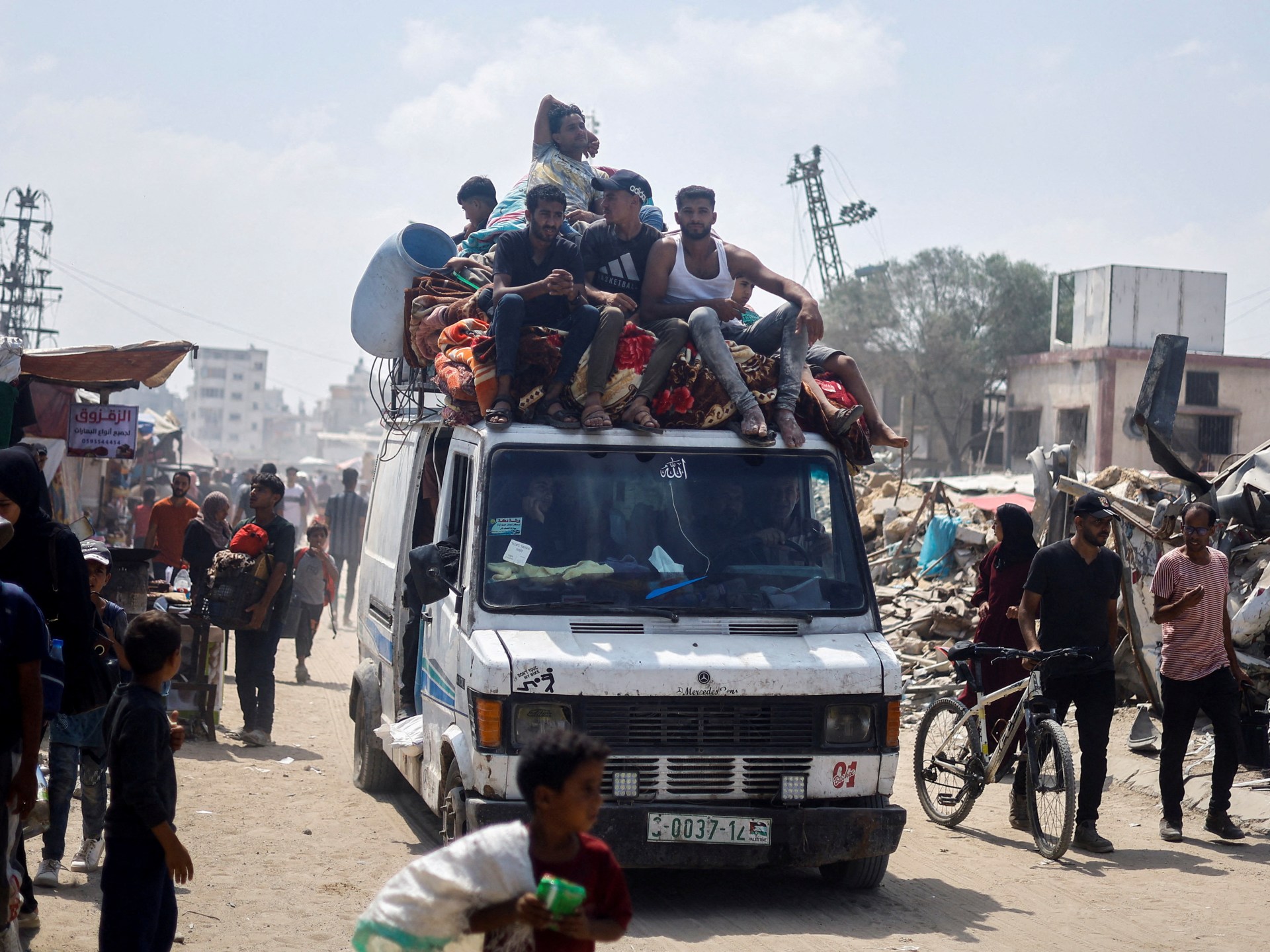The last dictator of Peru, alberto fujimori, has managed to escape from prison for years, not through a tunnel to get out of prison, but thanks to the grace of the highest court in the country. His early release in December is part of a broader problem in Latin America, where the line between governments and crime is becoming increasingly blurred.
Fujimori, 85, was just over halfway through a 25-year sentence for green-lighting extrajudicial executions and kidnappings and embezzling $15 million during his decade-long rule, which ended in 2000. But to the Constitutional Court of Peru was apparently not bothered by his unpaid debt to society. The court secured his release by restoring a years-old presidential pardon.
That flagrantly violated international law: the Inter-American Court of Human Rights prohibited Peru from shortening Fujimori’s sentence. But as the country’s democracy descended into chaos over the past year, Fujimori’s still-powerful family worked to secure sympathetic judges.
The subsequent release of Fujimori, who ran Peru as a mafia state, comes as the country’s politicians are undermining the ability to investigate corruption and organized crime. Peru is not alone. In several countries in the region, politicians seem determined to weaken the state’s ability to counter criminal groups.
In Guatemala, dozens of lawmakers sanctioned by the United States for corruption have fought to prevent President-elect Bernardo Arévalo, an anti-corruption crusader, from taking office. In Ecuador, violent gangs are on their way to taking power, having recruited dozens of public officials to do their bidding, according to the country’s top prosecutor. In Mexico and Brazil, drug cartels and paramilitaries loom large over some state and local governments.
Latin America’s democracies and democrats do not receive enough credit for overcoming inequality, violence and economic stagnation. Miraculously, only two of the region’s former democracies, Venezuela and Nicaragua, have fallen into full authoritarianism. Nowhere else in the world have so many democracies withstood so much pressure for so long.
They have even achieved notable but often overlooked successes, such as nearly halving the proportion of Latin Americans living in poverty since 2000, controlling inflation, ending a long tradition of military coups and civil wars, and imprison leaders like Fujimori.
But the growing power of organized crime stands out as a threat that has not been effectively countered. Over the last 40 years – approximately the duration of democracies in Latin America – the region’s illicit economies have experienced a virtually uninterrupted boom. Chief among them is that the global cocaine trade spawned some of the most sophisticated transnational criminal organizations in the world. These groups have inserted themselves into the superficial economy, laundering their vast wealth and have diversified into other illegal activities: extortion; mining, logging and fishing in protected areas; and, increasingly, human trafficking.
Organized crime cannot grow without the protection of the State, and Latin American mafias have long set out to capture parts of the State. They have been at least as successful in accumulating political power as any of the region’s political parties. Legislators, police forces, courts, mayors, port authorities, air traffic controllers and even presidents have been bribed or coerced to ensure that drugs, resources and trafficked people flow freely to their destinations, often in the United States.
Much of Latin America now lives under a hybrid form of government in which both democratic states and organized criminal groups exercise power, sometimes in competition and sometimes together. It is often immensely difficult to know who is really in control. “There are not just three branches of government here,” a Mexico City lawyer recently told me. “There is a fourth: organized crime.”
Until the last decade, criminal groups mainly threatened to capture state institutions in countries that were large drug producers (such as Colombia and Peru) or that were unlucky to be located along important trafficking routes: Venezuela, Mexico and northern Central America. But that is changing as ambitious criminal groups establish footholds in new countries and markets.
Once peaceful Ecuador has become a haven for violent gangs specializing in extortion, driving one of the largest recent waves of emigration in Latin America. Costa Rica, a strong democracy known for its safety, is grappling with an alarming rise in murders. The ports of Chile and Uruguay are acquiring new importance in cocaine trafficking.
When mafias and states merge, corruption and violence can reach such extremes that people will settle for any alternative, even an authoritarian one. The idea of the strong man and tough against crime has once again prevailed despite his demonstrated deficiencies.
Fujimori, for example, dispensed with democracy to crush a brutal drug insurgency that had terrorized Peruvians for years. But as independent institutions and oversight disappeared, top state officials did not eliminate crime; They just took over the business. It was not until more than a quarter of a million Peruvians took to the streets that they were able to overthrow Fujimori and put an end to the crime wave of his inner circle.
Latin America’s independent prosecutors, judges and police have shown a better way to tackle crime. In Colombia, Guatemala and post-Fujimori Peru, dozens of public officials were convicted of complicity with organized crime, weakening the mafias by depriving them of state protection. Ecuador’s attorney general is now making a similar effort.
The results only hold when prosecutions are backed by anti-corruption reforms, which are often politically difficult. US support can help.
Congress has devoted relatively little spending to bolstering the rule of law in Latin America, especially considering that Americans’ voracious demand for drugs pays a good portion of the salaries of the region’s crime bosses. Meanwhile, American-made firearms too easily cross our borders, arming Latin American gangs and cartels.
Washington cannot manage the unprecedented increase in hemispheric migration without the help of Latin American governments. But ensuring their cooperation should not mean turning a blind eye to emerging mafia states or abandoning reformers.
Fujimori seemed to be swimming against the tide of history in the 1990s, when every other Latin American country besides Cuba had become a democracy. In retrospect, it seems more like a harbinger of challenges to come. But finally Peru took a turn; maybe Latin America can do it too.
Will Freeman is a Latin American studies fellow at the Council on Foreign Relations.

